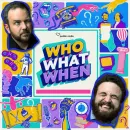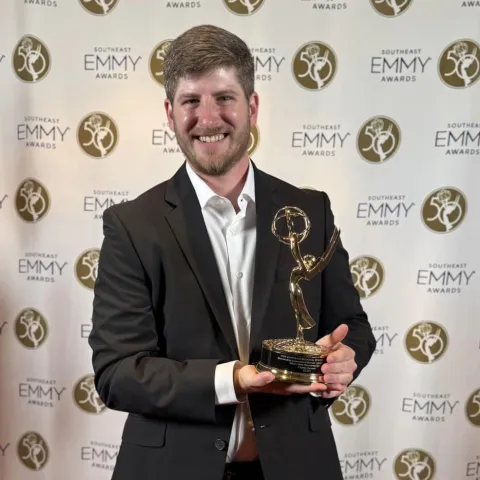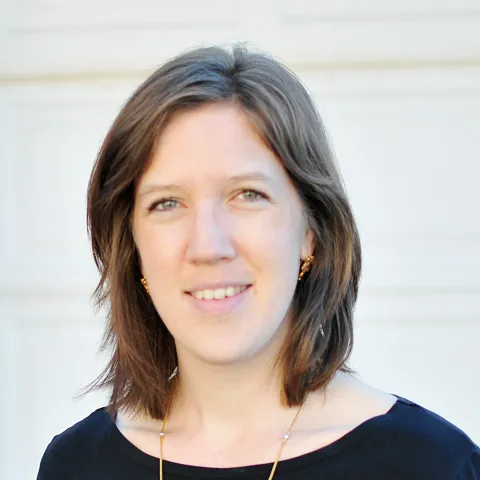In South Carolina, an estimated one in six people under the age of 17 experience a mental health disorder. But treatment options can be complicated due to a nationwide shortage of psychiatrists.
“We have 10,000 child and adolescent psychiatrists in the whole country and there are some 15 million children and adolescents who may need help,” said Dr. Anita Khetpal, a child and adolescent psychiatrist and consultant for South Carolina’s Youth Access to Psychiatry program. “There’s usually a wait of three months, six months or even longer to see a psychiatrist so most (youth) do see the pediatrician, the nurse practitioner or physician assistants.”
In her role with the Youth Access to Psychiatry Program, (YAP-P), Dr. Khetpal provides free provider to provider phone consultations to physicians seeking guidance on how to best evaluate and treat behavioral health issues with their patients.
The YAP–P program seeks to bridge the gap to psychiatric care for youth in South Carolina. The grant-funded program through the South Carolina Office of Mental Health is a free pediatric mental health access program offering a provider-to-provider consultation line, clinical training, and behavioral health resources to pediatric primary care providers in South Carolina.
As many as 25 percent of pediatric visits include some kind of mental health issue. The YAP-P program supports providers so that they feel less overwhelmed. It also helps ensure that children get the care they need.
The YAP-P program got started in Barnwell County with Dr. Abe Moskow, a YAP-P consultant and board certified general pediatrician who limits his practice to developmental behavioral pediatrics. When providers contact the YAP-P intake coordinator they are connected to either Dr. Khetpal or Dr. Moscow for a free consultation by phone- typically within the same day.
“(YAP-P) not only helps the primary care physicians formulate an evaluation and a treatment plan it helps our most importantly, helps our parents, our families, and the kids to really navigate some very complex health issues,”Dr. Moskow said.







